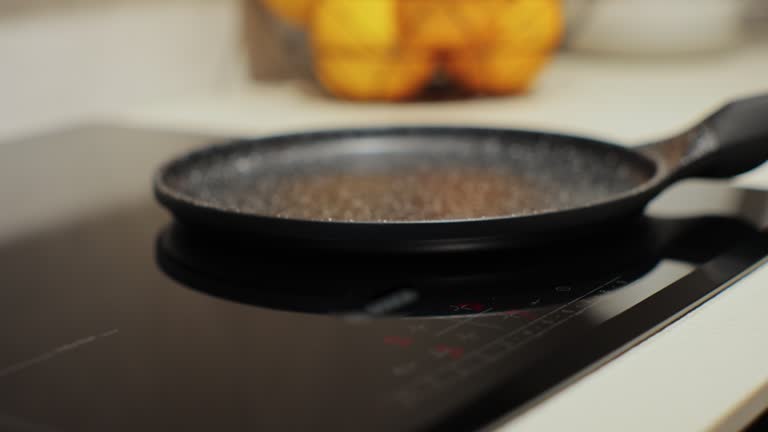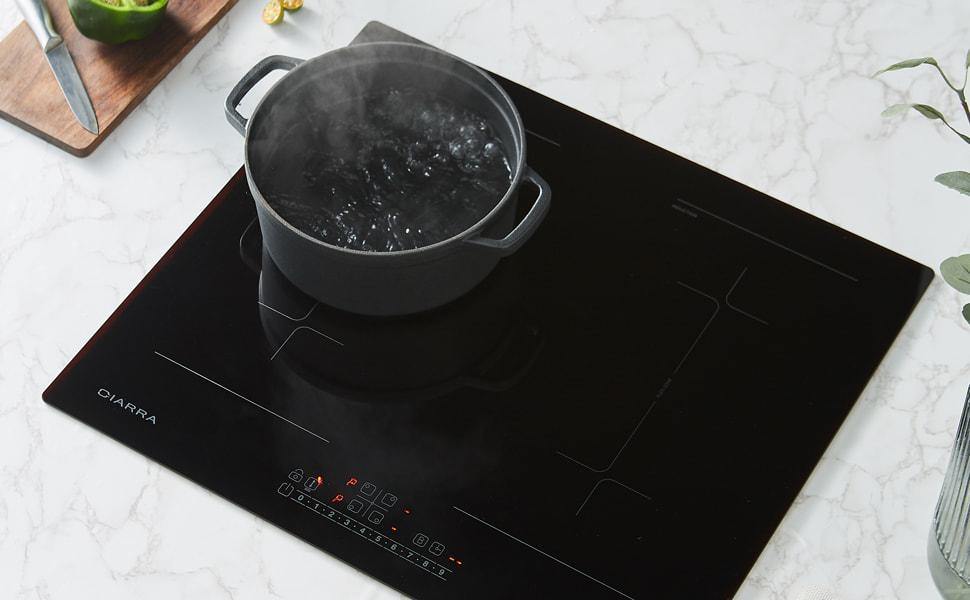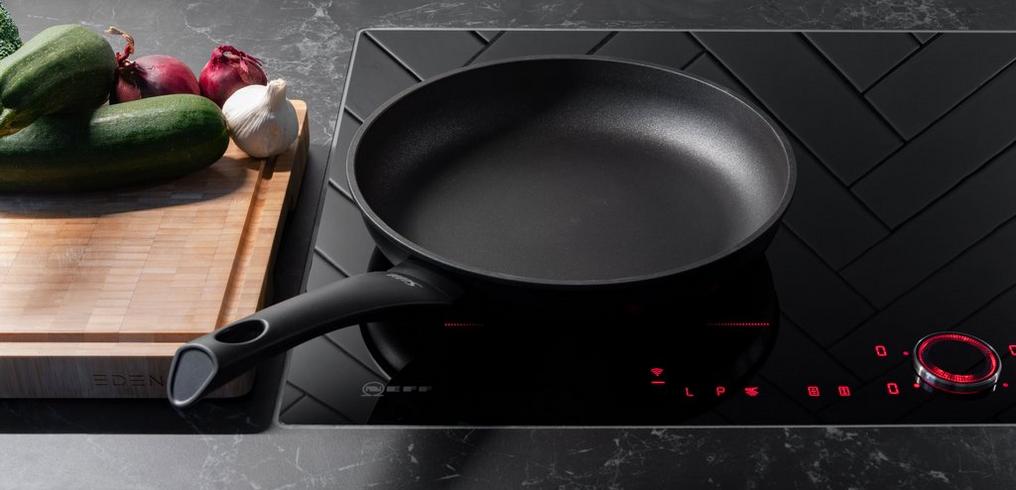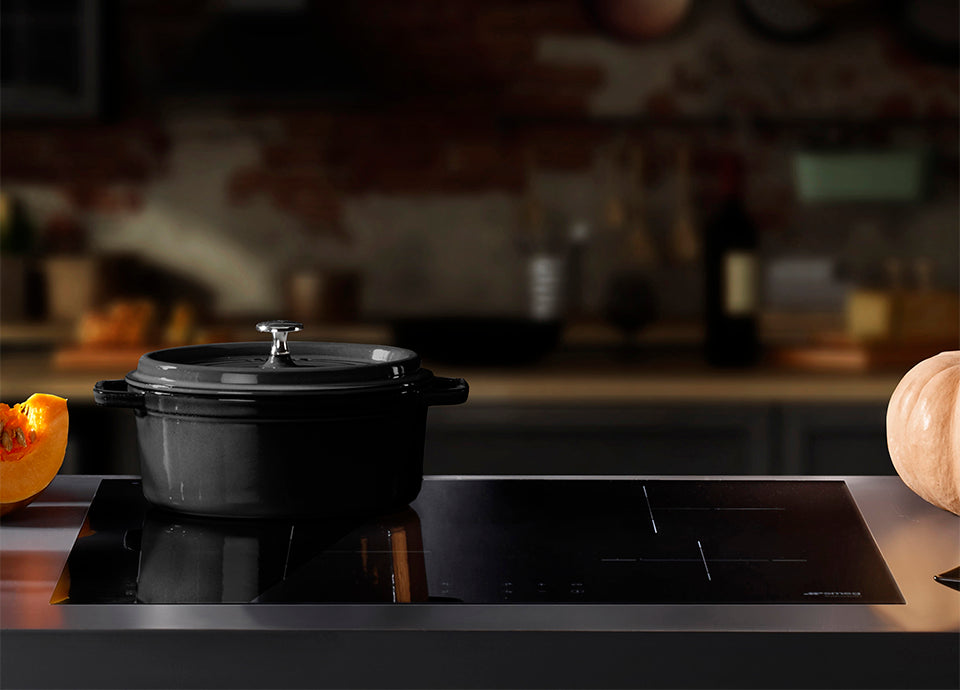In the bustling world of professional kitchens, efficiency and quality are paramount. One tool that stands out for its versatility and durability is the cast iron dutch oven. But how does this age-old cooking vessel perform on modern induction cooktops? Let's unravel this culinary conundrum for kitchen professionals.

Why Choose Cast Iron Dutch Ovens?
Cast iron dutch ovens have been a staple in kitchens for centuries, prized for their ability to evenly distribute heat and retain it over long periods. This makes them ideal for a variety of cooking methods, including braising, stewing, and baking. Their robust construction can withstand high temperatures, and when properly cared for, they last a lifetime.
The allure of cast iron lies not just in its durability but also in its ability to enhance flavors. The seasoning on the surface of the cast iron develops over time, creating a natural non-stick surface that improves with each use. For chefs and culinary enthusiasts, this means enriched flavors and a superior cooking experience.
The Compatibility of Cast Iron on Induction Cooktops
Induction cooktops have revolutionized the way we cook, offering precise temperature control and energy efficiency. However, not all cookware is suitable for induction cooking. The good news is that cast iron is naturally magnetic, making it one of the best materials for induction cooktops.
The ferrous metal in cast iron responds perfectly to the electromagnetic field of induction cooktops, ensuring fast and efficient heating. This compatibility allows chefs to enjoy the benefits of traditional cast iron cooking with the modern convenience of induction technology.
Advantages of Using a Cast Iron Dutch Oven on Induction
The combination of a cast iron dutch oven and an induction cooktop offers numerous advantages for professional kitchens:
1. Efficient Heat Distribution
One of the primary benefits is efficient heat distribution. Induction cooktops heat the cast iron dutch oven quickly and evenly, eliminating the hot spots that can occur with other cooking methods. This ensures that food cooks uniformly, which is crucial in a professional setting.
2. Energy Efficiency
Induction cooktops are known for their energy efficiency, as they transfer heat directly to the cookware. This means that less energy is wasted, and food cooks faster. For busy kitchens, this translates to increased productivity and reduced energy costs.
3. Precision and Control
Induction cooktops offer precise temperature control, allowing chefs to fine-tune the cooking process. Whether you're simmering a stew or searing meat, the combination of a cast iron dutch oven and an induction cooktop provides the control needed to achieve perfect results every time.
Caring for Your Cast Iron Dutch Oven
To ensure longevity and optimal performance, proper care of your cast iron dutch oven is essential. Regular seasoning is crucial to maintain the non-stick surface and prevent rust. After each use, clean the oven with warm water and a soft brush, then dry it thoroughly before applying a thin layer of oil. Store it in a dry place to prevent moisture buildup.
For more detailed tips, you can refer to cast iron care guides to ensure your cookware remains in top condition.
Conclusion
In conclusion, the cast iron dutch oven on induction cooktops is a match made in culinary heaven. It combines the best of both traditional and modern cooking, offering efficiency, versatility, and exceptional results. For kitchen professionals looking to elevate their cooking experience, this pairing is hard to beat.
For further reading on how restaurants harness this power, check out restaurant cooking tips that delve deeper into this topic.

FAQs
1. Can I use any cast iron dutch oven on an induction cooktop?
Yes, most cast iron dutch ovens are compatible with induction cooktops. Ensure that the base is flat and smooth for optimal contact with the cooktop surface.
2. Do I need to season my cast iron dutch oven regularly?
Yes, regular seasoning is crucial to maintain the non-stick surface and prevent rust. It also enhances the flavor of the dishes you cook.
3. Can cast iron damage an induction cooktop?
While cast iron is heavy and can potentially scratch the surface of the cooktop, careful handling and using a protective mat can prevent damage.





Leave a comment
This site is protected by hCaptcha and the hCaptcha Privacy Policy and Terms of Service apply.